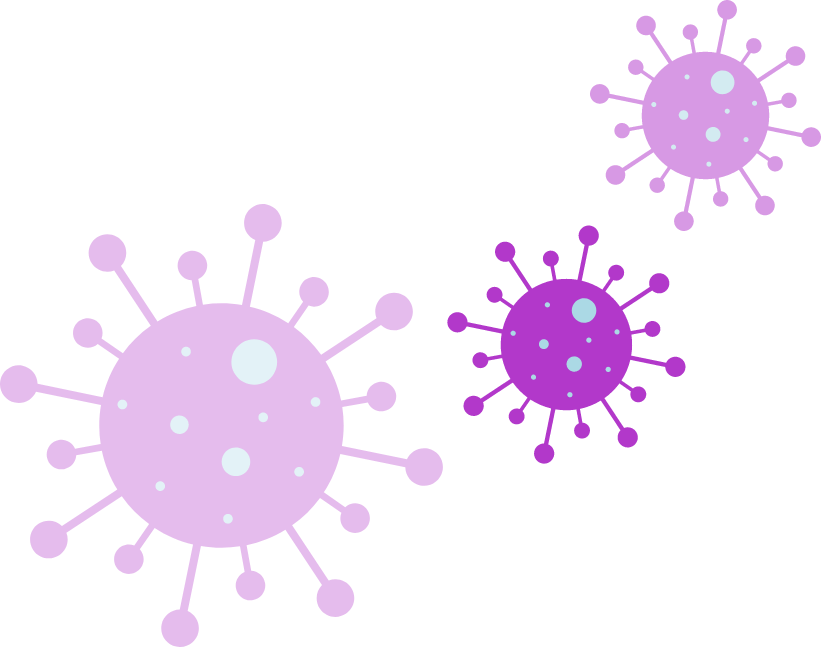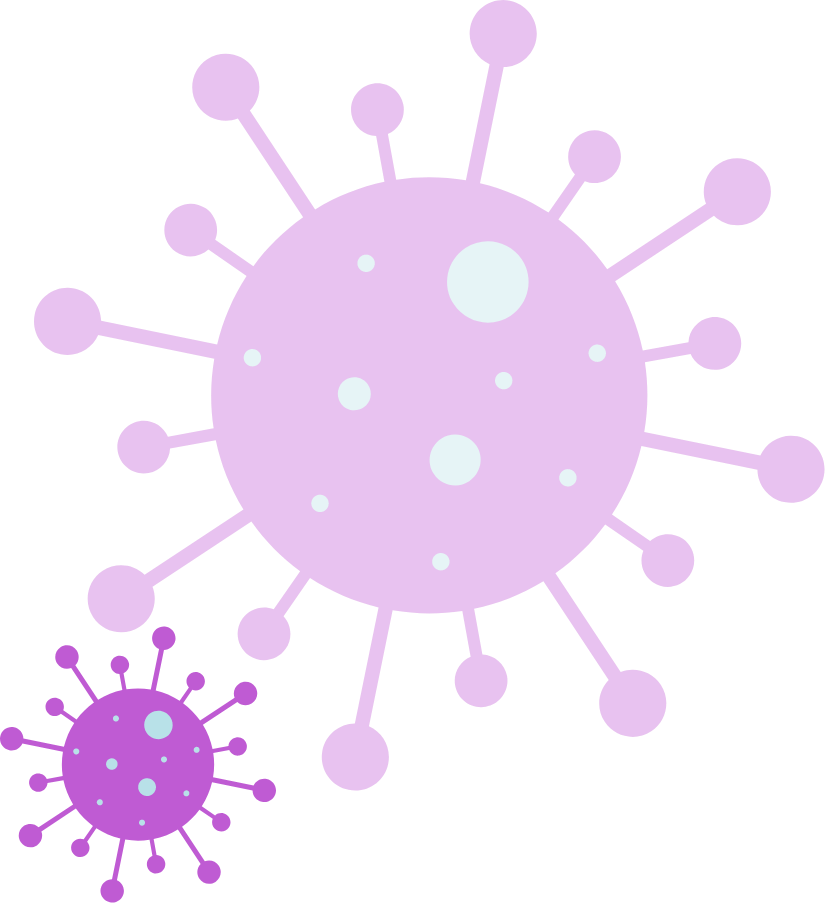
COVID-19 preclinical drug development database
Identification of New Therapeutic Combinations for Clinical Trial against COVID-19 Through Repurposing of Drugs with Known Safety Profile.
King's College London
Added 14/07/2020 | Updated 04/10/2021

Project Details
Type of project
- Tier 1: repurposing existing medicines
Therapeutic target
- Preventing infection (prophylaxis or preventing cell entry)
- Preventing virus replication in early disease
Type of supporting technology
Phase of project
- AI or in silico design
- High throughput screening
Modality (if can be disclosed)*
- Small molecule
Molecular/cellular target (if known or can be disclosed)*
- ACE2
- SARS-CoV-2 main protease
- SARS-CoV-2 Spike protein
Partner institutions/organisations
- Public Health England
- IQVIA
Key contact
Name: Dr Miraz Rahman
Email Address: [email protected]
Phone Number: 07717312299
Key Collaborators:
Primary Investigator
Primary Investigator: Dr Miraz Rahman, Reader in Medicinal Chemistry, Institute of Pharmaceutical Science, King's College London
Co-Investigators:
Professor Bob Hider, King's College London,
Dr Vivian Auyeung, IPS, King's College London
Dr Julia Tree, COVID-19 project leader, Public Health England
Dr Sue Charlton, Scientific Lead, Medical Intervention Team, Public Health England
Collaborators:
Professor Tim Mant, co-lead Advanced Therapies and Experimental Medicine Cluster, NIHR Biomedical Research Cluster, King's College London and Vice President Medical Strategy, IQVIA.
Professor Liz Allen, Vice President Early Clinical Development, IQVIA
Anticipated timeframe of future outputs
This research project is looking for the following:
Expanding in vivo testing capabilities in relevant models.Further Details
Abstract or additional information (if available)*
Repurposing regulatory agency-approved drugs and experimental drugs with known safety profiles (compounds that have progressed to phase II clinical trials) provides an important repository of compounds that can be screened against a SARS-CoV-2 target to identify clinical candidates that can be fast-tracked to clinical development within the next 6 months. There has been a global attempt to identify proteins that could be targeted to treat SARS coronavirus as effective treatments for the new COVID-19 disease. The IPS team aim to target all three stages of viral infection - viral entry and fusion with host cells, viral replication and the immune response resulting in a cytokine storm - to develop a combination of repurposed drugs that can be fast tracked to clinical development. IPS has partnered with Public Health England to achieve this. The IPS team is working with the crystal structures of the docking interface of spike (S) protein and host enzyme ACE2 (critical for viral entry), the main protease of SARS-CoV-2 and NSP15 ribonuclease protein (critical for viral replication) and dual targeting agents that can suppress a cytokine storm while also inhibiting viral replication. In addition, the IPS and PHE team propose to use iron chelators that work on lysosomes as part of the combination. Lysosomal iron content is vital for viral entry and initial establishment within the host cells. The Rahman Lab curates a 13,500 library of FDA approved drugs and carried out in silico screening against these targets. We identified 50 priority compounds that will be fast-tracked to in vitro cell-based SARS-CoV-2 screening at the PHE lab, to identify the most suitable combinations to carry out in vivo efficacy studies in a ferret model of SARS-CoV-2 infection at PHE. Once suitable combinations with in vivo efficacy have been identified, appropriate funding applications will be made to NIHR in partnership with PHE to carry out clinical trials of the candidate drugs. The project has been designed to take the drugs to clinical trials as soon as possible.
Published outputs (if available)*
A review article titled "Current Trends and Future Approaches in Small-Molecule Therapeutics for COVID-19" has been published by the research team in Current Medicinal Chemistry.